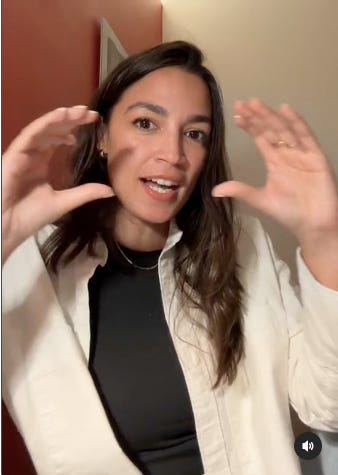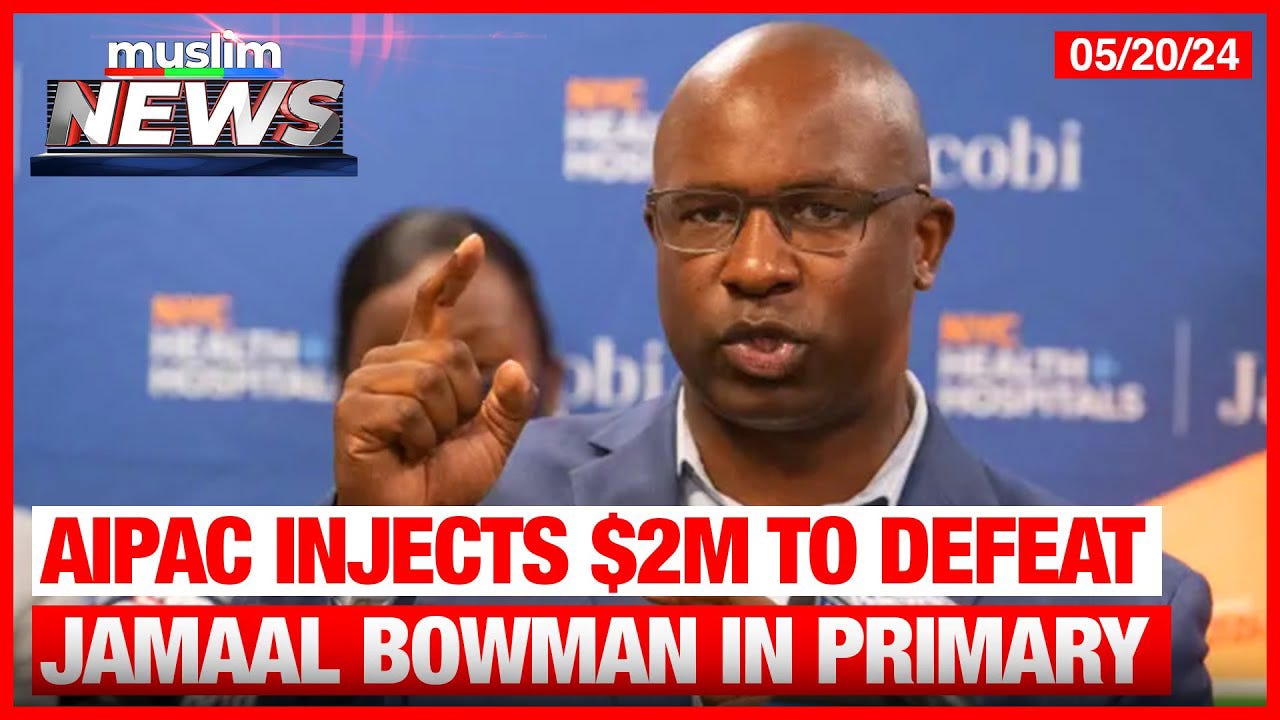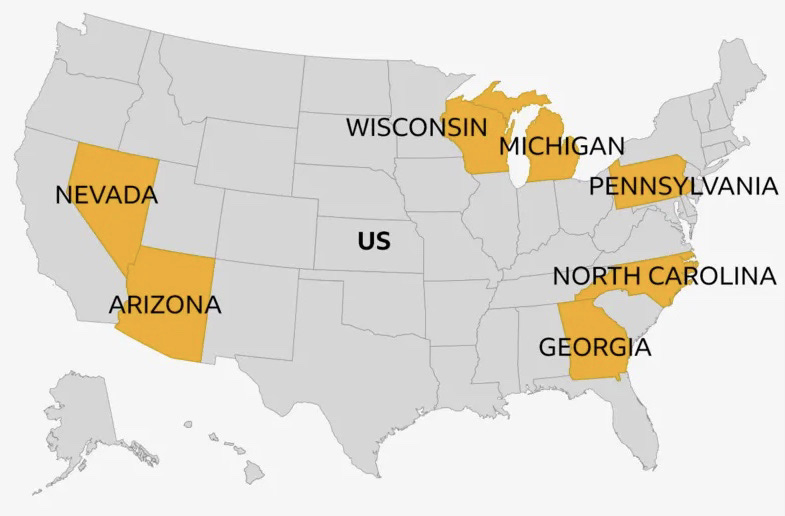A “myth” is a traditional story, “especially one concerning the early history of a people or explaining a natural or social phenomenon,” according to the Oxford English Dictionary. Myths often take the form of fables, allegories or parables, and they may or may not be based on historical facts.
Whole countries have myths, used to forge and nurture identity in what scholars call “nation-building.” In American mythology, George Washington could not tell a lie about chopping down his father's cherry tree, the Civil War was fought to end slavery and the people who run the country are chosen on Election Day. These nice stories may or may not be based on facts. They can help us feel good about being citizens, just like the oft-repeated Winston Churchill quote, “It has been said that democracy is the worst form of government except for all those other forms.”
In what is arguably the most chaotic election season since President Lyndon Johnson declined to run in 1968, we find Americans polarized politically but taking solace in a few persistent feel-good myths. Here are three under scrutiny in recent weeks.
U.S. elections are free and fair
Anywhere in the world where people vote, the losing side claims fraud. Recently in Venezuela, for example, supporters of the declared loser have taken to the streets (25 people killed so far) and the sitting president, Nicolás Maduro, claims the opposition hacked the voting system and is orchestrating a coup.
Despite the myth that U.S. elections are free and fair, Americans are increasingly accustomed to election wrangling. Since the 2000 election was clouded by a botched recount in Florida, losers of both major parties have cried foul almost every four years. (For more history on the “If I Win Doctrine,” click here.) While widespread voter fraud has not been confirmed, a Colorado jury recently convicted former County Clerk Tina Peters on seven charges of engaging in a security breach to advance a false conspiracy theory of election fraud. (For more on the Peters case, read “Review: ‘[S]election Code’”)
One thing is indisputable, however: money plays the starring role in determining who will get elected.
Congresswoman Alexandria Ocasio-Cortez describes party backrooms where she heard, “My donor this, my donor that – not My voters this, my voters that.”
In July, New York Congresswoman Alexandria Ocasio-Cortez took to Instagram to warn Democrats about dumping President Biden from the ticket without thinking through the legal and financial consequences. Actor George Clooney – who had raised a record $28 million at a Hollywood gala on June 15 – was picked (wonder by whom) to sound the alarm after Biden's disappointing performance in the June 27 debate with Donald Trump. Clooney called for Biden to be replaced in a July 10 op-ed piece (wonder who wrote the lines) in the New York Times: “We are not going to win in November with this president. This is the opinion of every senator and Congress member and governor who I’ve spoken with in private. Every single one, irrespective of what he or she is saying publicly.”
On Instagram the following week, Ocasio-Cortez slammed elected officials who say one thing in private and another in public, as well as what she called a class of people who occupy the space between the voters and the government. “This class of donors, decision-makers and power players started to waver after the debate. They're looking at the polling and they're looking at the performance and they're saying we need to jump ship.”
So, who exactly are “they”? Long-time news anchor Chris Cuomo got a little closer to naming names during his coverage of the August Democratic National Convention.
“There's another reality that is literally looking down on them,” Cuomo said, panning to the top tier of Chicago's United Center that overlooked delegates on the floor. “Look at the ring of suites. This is not unique to Democrats. There is a game of money. We are strangled by the money-reality in our politics. Those suites started at 500 grand. That's the game: you pay to play.”
According to the Chicago Sun-Times, some of the players were Molson Coors, Peoples Gas, Archer Daniels Midland, Cboe Global Markets, CME Group, BMO, Clayco, McDonald’s, Microsoft, Pfizer and Lyft. You'd almost think the Supreme Court once ruled “one dollar, one vote.”
Our enemies try to interfere with elections
The past eight years have witnessed intense scrutiny over possible foreign interference with U.S. elections. Much ado was made about Russian meddling in 2016, but the list of meddlers has gone on to include China and Iran, as well as countries many Americans would not regard as enemies: Ukraine, Israel, Saudi Arabia and the United Arab Emirates.
According to FBI documents, Trump advisor Roger Stone was in contact with one or two well-connected Israelis (names redacted) at the height of the 2016 presidential campaign. One Israeli warned Stone that Trump was “going to be defeated unless we intervene” and claimed “we have critical intel” in reference to a possible October Surprise to sway the election in Trump's favor.
Israeli attempts to influence the current election have also made recent headlines. The American Israel Public Affairs Committee (AIPAC), founded by Israeli lobbyist Isaiah Kenen in 1954, has spent more than $100 million on federal elections so far this cycle. AIPAC's United Democracy Project (UDP) has funneled money towards defeating Democrats who might align with current Israel critics like Ocasio-Cortez, Ilhan Omar and Rashida Tlaib. The UDP successfully backed a pair of pro-Israel Democrats in recent primaries to defeat two of Congress’ vocal critics of Israel’s war on Gaza, Reps. Jamaal Bowman (D-N.Y.) and Cori Bush (D-Mo.).
Muslim Network TV reports on the defeat of Israel critic Jamaal Bowman in the Democratic primary to represent the northern Bronx and the southern half of Westchester County.
Organized as a 501(c)4 social welfare organization, AIPAC does not have to publicly name its donors. If Israel is not a major funder directly, there are plenty of channels for money to influence elections on Israel's behalf.
Your vote counts
About 240 million Americans are eligible to vote this year, but only some will effect the results. Decades of gerrymandering and redistricting have produced an interesting map of “safe” and “swing” districts. The vast majority of states and districts are considered “safe” – meaning that voter registration leans heavily towards one major party or the other. For example, in more than 90 percent of the 435 congressional districts, red or blue domination makes the race non-competitive, the outcome assured.
“It means the House is decided by a very narrow sliver of the 435 districts that are genuinely competitive,” said analyst Dave Wasserman of the Cook Political Report. “And when that's true, you've got parties pouring tens of millions of dollars into each of these races.”
From 2000-2016, 38 states voted for the same political party, leaving only 12 as potential swingers. Currently, seven states have enough parity between the parties to make the election a toss-up – Arizona, Georgia, Michigan, Nevada, North Carolina, Pennsylvania and Wisconsin. These states were won by less than three points in the 2020 presidential election.
Focusing campaign resources on swing voters means the seven so-called battleground states will be on the receiving end of Democrat and Republican war chests, overflowing with nearly a billion dollars each. The campaigns have been unveiling plans for massive ad blitzes. If you don't live in a swing state or a swing district, you can easily weather the final election throes and leisurely turn in your ballot – or not.
The kind of democracy that legends like Thomas Jefferson and Alexander Hamilton argued about by candlelight in the 1770s is long gone because of scale. Remember, the United States started with fewer than 4 million people in 11 states. The first Congress, convened in 1789, featured a House of Representatives with 59 members. In a country with 240,000,000 voters, elections have evolved into mass marketing campaigns with candidates packaged like products. Sounds like a nice story with no happy ending in sight.








